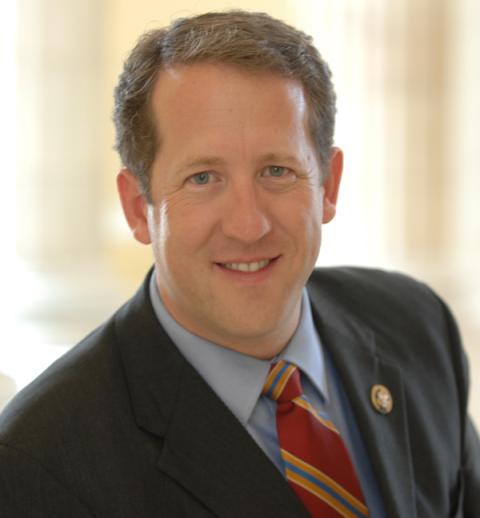![]()

By Rep. Adrian Smith
Our nation’s founders understood the importance of establishing a universal postal system from the very beginning. In 1775, the Second Continental Congress appointed Benjamin Franklin postmaster general for the American colonies, nearly a full year prior to the signing of the Declaration of Independence. Today the United States Postal Service (USPS) makes up our largest non-military governmental infrastructure, obligated to guarantee service to all 167 million addresses across the country.
The recent announcement of U.S. Postmaster General Louis DeJoy’s planned resignation has cast a spotlight on historic challenges facing the USPS. As income has failed to cover USPS expenses and debt for more than 15 years, financial troubles and a declining standard of service have long predated DeJoy’s tenure. Since 2007, the USPS has reported net losses totaling more than $100 billion.
The proliferation of online communication in the digital age has disrupted demand, and pension and retiree health benefits, which make up the largest share of unfunded USPS liabilities, have strained solvency. Since 1998, the volume for USPS’ most profitable product, First-Class Mail, has declined 80 percent and currently stands at its lowest volume since 1968.
Many Americans have turned to the private sector for the delivery of important parcels and letters. However, private courier services do not have the same legal obligation as USPS to provide universal timely service. Therefore, millions of Americans living in rural communities still rely on the postal service to deliver bills, medication, essential goods, and even as the “last mile” deliverer for other parcel services. I consistently hear from Nebraskans voicing their concerns over late or undelivered mail and packages. Unfortunately, time after time the USPS has chosen to neglect these rural communities through consolidation of facilities which inevitably leads to slower delivery standards and an increase in delays.
Because Congress has a constitutional responsibility to conduct oversight of the USPS, in February 2024, I sent a letter to Postmaster General DeJoy expressing concern over proposed removal of postal operations from the North Platte Mail Processing and Distribution Center as part of the USPS Mail Processing Facility Reviews. This proposal threatened to move mail processing outside of the state, potentially adding days to delivery times and undermining Third District customer satisfaction. I was grateful when, due to overwhelming public backlash, plans for the North Platte facility’s closure were postponed.
Earlier this month, I led my Nebraska colleagues in asking President Trump to fill current vacancies on the USPS Board of Governors with individuals ready to advance solutions. Up against historic budget deficits and market disruption, it is clear innovation is sorely needed to modernize and maintain this institution which has provided a vital service to American citizens throughout our nation’s history. However, this should never come at the expense of customer service.
For nearly two and a half centuries the postal service has fostered correspondence, commerce, and connection between Americans. Any USPS reform must preserve its fundamental duty to provide reliable mail service to every American household.
